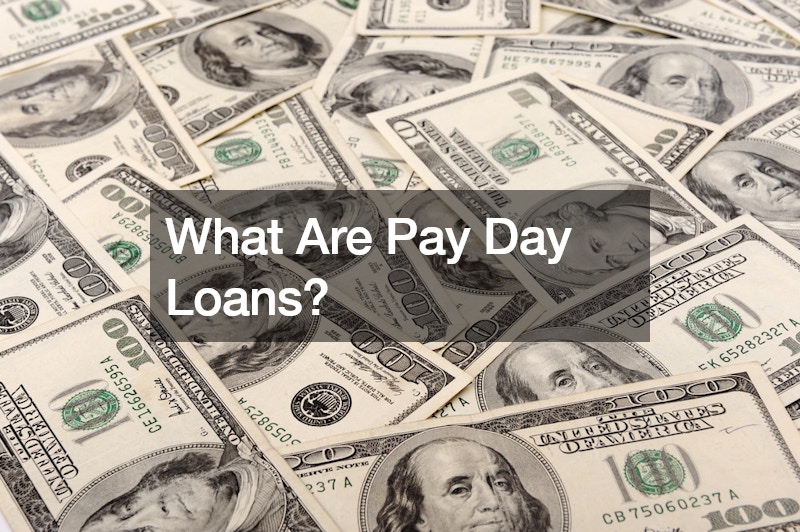
Pay day loans are short-term loans designed to help people cover emergency expenses until their next paycheck. They are typically small amounts, ranging from $100 to $1,500, and are intended to be repaid within a few weeks.
These loans are popular because they offer quick and easy access to cash, often with minimal requirements.
To qualify, borrowers usually need to provide proof of income, a bank account, and identification. The application process can be completed online or in person at a payday loan store, with funds often available within a day.
However, pay day loans come with high interest rates and fees, which can make them expensive. The annual percentage rate (APR) for these loans can be as high as 400% or more, making it crucial to understand the total cost before borrowing. If the loan isn’t repaid on time, borrowers may face additional fees, which can lead to a cycle of debt that’s hard to break.
Despite their high cost, pay day loans can be a useful tool in a financial emergency if used responsibly. It’s important to borrow only what you need and ensure you can repay it on time to avoid extra charges. Alternatives to pay day loans include borrowing from friends or family, seeking assistance from local charities, or negotiating payment plans with creditors.
In summary, pay day loans provide a quick solution for urgent financial needs but come with significant costs. Borrowers should carefully consider their options and understand the terms before taking out a pay day loan.
.





